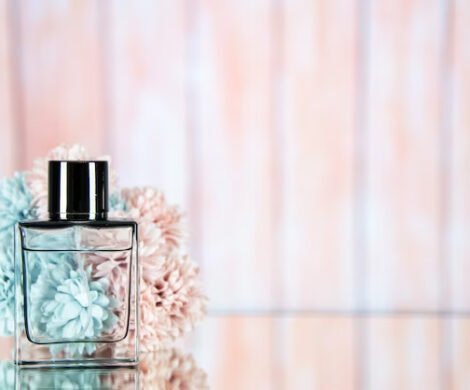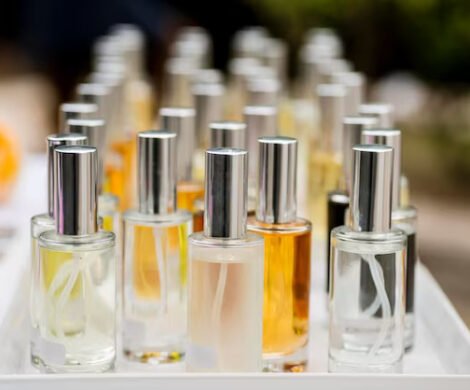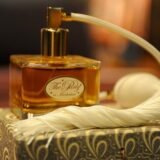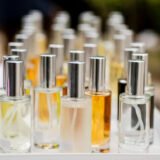How are non-alcoholic perfumes different from traditional perfumes?
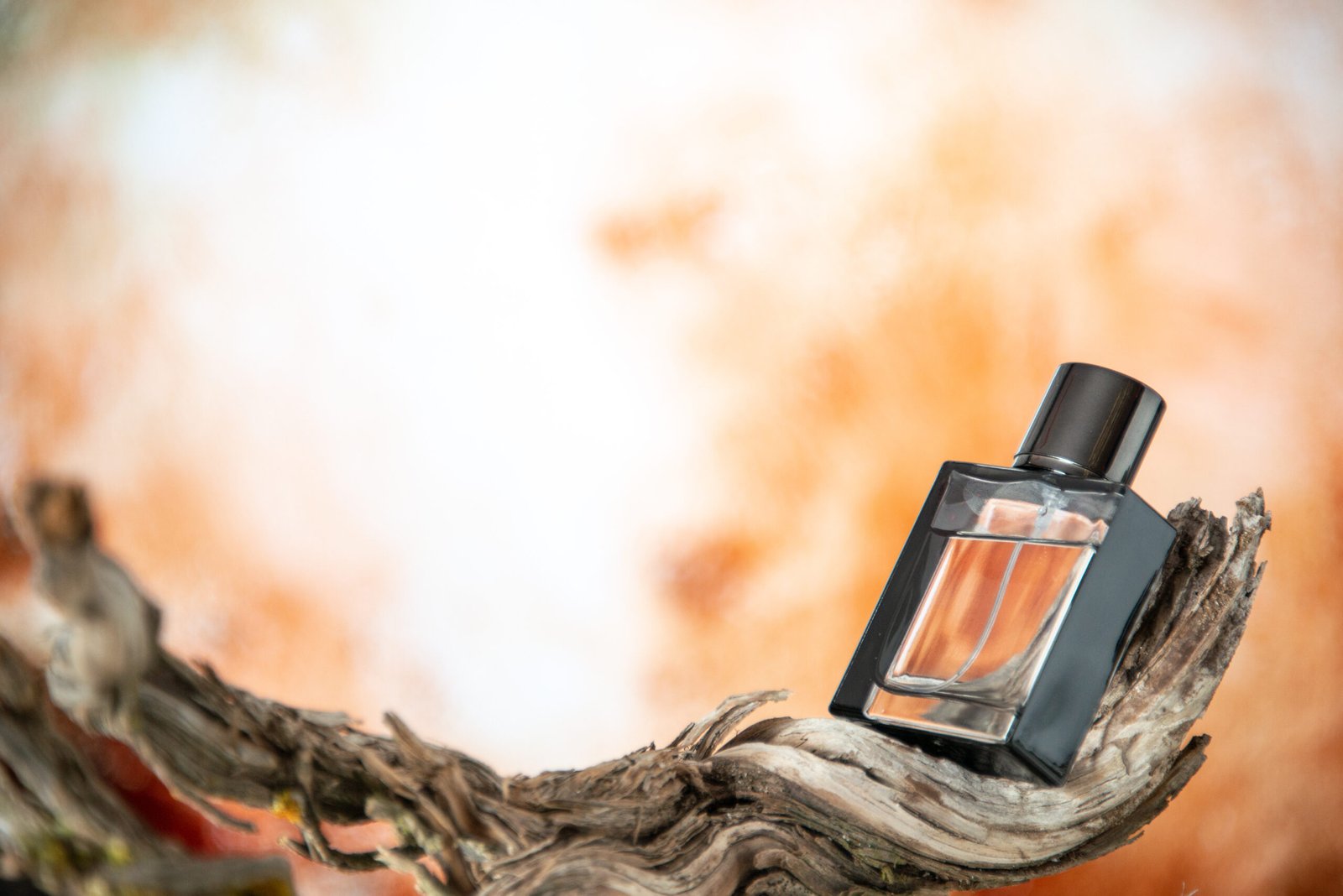
Perfumes have been an essential part of human life for centuries, and people have been using them for various purposes, such as personal grooming and religious ceremonies. Traditionally, perfumes were made using alcohol as a base, but with the increasing awareness about the harmful effects of alcohol on the skin, non-alcoholic perfumes have become popular. In this article, we will explore how non-alcoholic perfumes are different from traditional perfumes.
The primary difference between non-alcoholic perfumes and traditional perfumes is the base used to make them. Non-alcoholic perfumes are made using natural or synthetic ingredients that are blended with a carrier oil such as jojoba or coconut oil. Traditional perfumes, on the other hand, are made using alcohol as a base. The use of alcohol in traditional perfumes can cause dryness and irritation, especially on sensitive skin.
Another significant difference between non-alcoholic perfumes and traditional perfumes is their longevity. Non-alcoholic perfumes last longer on the skin than traditional perfumes as they do not evaporate as quickly. This means that you do not need to reapply non alcoholic perfumes as frequently, making them more cost-effective in the long run. Moreover, non-alcoholic perfumes tend to have a more intense and complex fragrance, which makes them suitable for special occasions where a more sophisticated scent is desired.
Non-alcoholic perfumes are also more eco-friendly than traditional perfumes. Traditional perfumes contain volatile organic compounds (VOCs) that are harmful to the environment. VOCs are chemicals that are released into the air when perfumes and other scented products are used. They contribute to air pollution, and their long-term exposure can cause respiratory problems and other health issues. Non-alcoholic perfumes are a safer and healthier alternative to traditional perfumes as they do not contribute to environmental pollution.
Another significant difference between non-alcoholic perfumes and traditional perfumes is the sensory experience they provide. Non-alcoholic perfumes have a heavier texture and do not evaporate as quickly as traditional perfumes. This allows the fragrance to develop and settle on the skin, creating a more complex and nuanced scent. Additionally, non-alcoholic perfumes tend to be more concentrated, making them ideal for people who want a stronger and more long-lasting fragrance.
If you’re interested in using non-alcoholic perfumes, there are plenty of ways to incorporate them into your daily routine. You can apply non-alcoholic perfumes directly to your skin, or you can mix them with carrier oils, lotions, and other skincare products to create a customized fragrance. For more info on how to use non-alcoholic perfumes in various ways, you can consult with a fragrance expert or check out online resources for tips and tricks. Additionally, non-alcoholic perfumes can be used in diffusers or sprayed on clothes and linens, providing a delightful and long-lasting fragrance that can enhance the ambiance of any indoor space.
Lastly, non-alcoholic perfumes are safer and healthier than traditional perfumes. Alcohol-based perfumes can cause dryness and irritation, especially on sensitive skin. Additionally, alcohol-based perfumes can exacerbate certain health conditions, such as migraines, asthma, and allergies. Non-alcoholic perfumes do not contain alcohol and are therefore less likely to trigger these health conditions. Non-alcoholic perfumes are also often free of preservatives, parabens, and other harmful chemicals, making them a safer option for people who are conscious of what they put on their skin.
Conclusion
Non-alcoholic perfumes are different from traditional perfumes in several ways. They are made using a carrier oil instead of alcohol, last longer, and provide a unique sensory experience. Non-alcoholic perfumes are also eco-friendly and versatile, making them suitable for various applications. Moreover, non-alcoholic perfumes are a safer and healthier alternative to traditional perfumes, making them an excellent choice for people who are conscious of their health and the environment.


